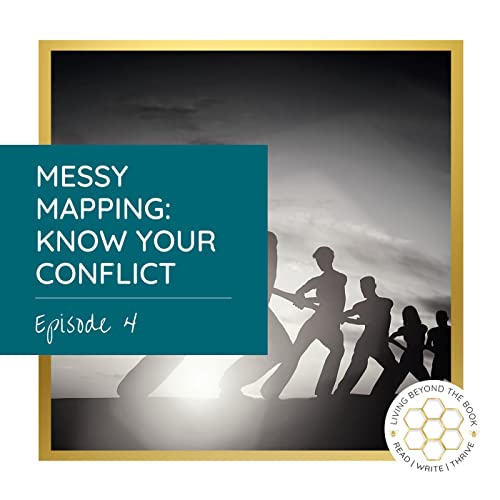Characters are the heart and soul of your story. They are who your readers identify with. They’re who we cheer for. You can have the best plot in the world, and if we don’t care about the characters, we’re not emotionally engaged in the story. Falling in love with the characters is what makes a book last in our memories and become one of our favorites.
In the book Building a Storybrand, Donald Miller says: “If three questions can’t be answered within the first fifteen to twenty minutes, the story has already descended into noise and will almost certainly fail…”
We’ll talk about what these three questions are and how to apply them to our own characters.
We’ll talk about a few creative ways to develop great characters, but however you develop them, my one piece of advice is:
Know the basics, but then treat that character like someone you’ve just met that you’re going on a road trip with. Get to know them organically. Move forward and feel the story. Don’t get stuck in the stage of trying to overdesign and overthink them.
Characters are the final tool in our discussion of Messy Mapping. After this, you’ll have a blueprint to create a unique and wonderful story. Are you ready to get started?
*Note: I said in the episode that Brandon Sanderson said (paraphrasing) if you want to know who the bad guy is, have him kill a puppy. What I meant was KICK. He said have them kick a puppy. Killing the puppy is what happens in John Wick. My apologies!
Resources mentioned:
· Building a StoryBrand: Clarify Your Message So Customers Will Listen by Donald Miller
· The Ultimate RPG Character Backstory Guide: Prompts and Activities to Create the Most Interesting Story for Your Character by James D’Amato
· The Emotional Craft of Fiction: How to Write the Story Beneath the Surface by Donald Maass
· Letters to the Lost by Brigid Kemmerer
 36 分
36 分 2020/12/2226 分
2020/12/2226 分 2020/12/1519 分
2020/12/1519 分 2020/12/0824 分
2020/12/0824 分 2020/12/0120 分
2020/12/0120 分 20 分
20 分 2020/11/1715 分
2020/11/1715 分
